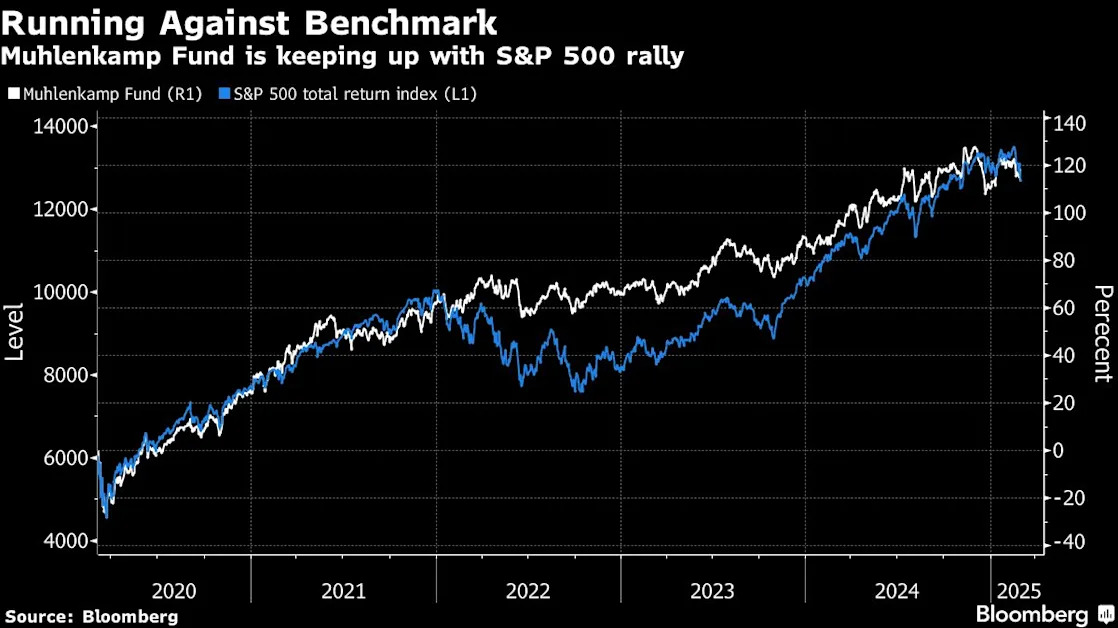By Enes Tunagur
LONDON (Reuters) -Oil prices rose to the highest in two weeks on Thursday amid low liquidity ahead of the Easter holidays after the United States imposed new sanctions to curb Iranian oil exports, elevating supply concerns.
Brent crude futures rose 84 cents, or 1.3%, to $66.69 a barrel by 1300 GMT, and U.S. West Texas Intermediate crude was at $63.39 a barrel, up 92 cents, or 1.5%.
Both benchmarks settled 2% higher on Wednesday at their highest levels since April 3 and are on track for their first weekly rise in three. Thursday is the last settlement day of the week ahead of the Easter holidays.
The new sanctions on Iranian oil exports and hawkish comments on the issue from the U.S. Treasury are increasing supply concerns and helping support crude, said UBS analyst Giovanni Staunovo.
The sanctions issued by President Donald Trump's administration on Wednesday, including against a China-based "teapot" oil refinery, ramp up pressure on Tehran amid talks on the country's nuclear programme. "Teapot" is an industry term for small, independent and simple oil refiners.
"New U.S. sanctions on teapots for buying Iranian crude oil are unlikely to stop Iranian crude flows to China ... Sanctions on terminals and local banks would potentially cause more challenges," said Energy Aspects analyst Livia Gallarati.
On the supply side, the Organization of the Petroleum Exporting Countries (OPEC) said on Wednesday it had received updated plans for Iraq, Kazakhstan and other countries to make further output cuts to compensate for pumping above quotas.
"With regards to OPEC+ policy, there is little evidence for now that planned compensation cuts will be adhered to," Gallarati added.
Supporting prices on Thursday, U.S. gasoline and distillate inventories fell last week, the Energy Information Administration said on Wednesday.
OPEC, the International Energy Agency and several banks, including Goldman Sachs and JPMorgan, cut forecasts on oil prices and demand growth this week as U.S. tariffs and retaliation from other countries threw global trade into disarray.





